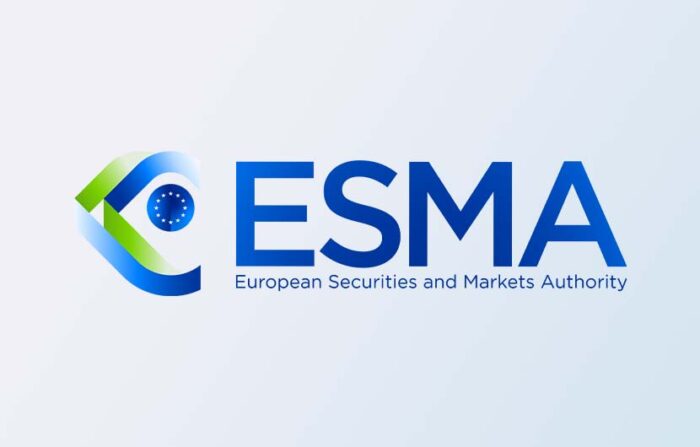The European Securities and Markets Authority (ESMA), which is responsible for regulating and overseeing financial markets in the European Union, has issued a statement expressing worries about safeguarding investors’ interests in relation to fractional shares.
The statement released on Tuesday stresses that “derivative products based on a fraction of shares” cannot be considered equivalent to actual corporate shares. Therefore, companies must not use the term “fractional shares” when advertising these products. In order to ensure that clients are reasonably able to comprehend the nature and risks associated with particular financial instruments, companies must inform investors that they are purchasing a derivative product.
ESMA’s statement also serves as a reminder to regulated entities that these products are complex and not suitable for all customers, but only for a limited audience, and require an appropriateness assessment when providing services to retail investors.
ESMA said:
As derivatives on fractions of shares are not corporate shares, firms should not use the term fractional shares when referring to these instruments. ESMA would deem such use of the term misleading and therefore in breach of MiFID II requirements.
Companies offering these derivative products must provide full disclosure of all direct and indirect costs and fees associated with the products and services offered. This includes the expenses and fees associated with the creation of fractional shares, as well as mark-ups and mark-downs, calculated proportionally to the market value of the corresponding corporate share.
According to ESMA, a “fractional share” is an investment tool that allows investors to participate in a company’s performance by tracking the share price while being accessible at a lower cost, equal to the proportionate value of the underlying share. Typically, investors can benefit from dividend payouts, but they generally do not have voting rights.
To safeguard retail investors, ESMA requires companies offering trading on these specific derivatives to implement additional protective measures, including clear explanations of what these derivatives are, their costs, management, and target audience.
The regulator wrote:
All information provided to clients on these instruments shall be fair, clear, and not misleading and that firms must clearly disclosed all direct and indirect costs and charges relating to them.
